The application of PVC sheath in automotive wires is not just a simple wrapping material, but an integral part of the overall performance of the wires. Its design, manufacture and selection are carefully considered to ensure that the wires can maintain efficient and stable performance in various extreme and daily use environments.
The wear resistance of PVC material comes from the stability and toughness of its molecular structure. During the operation of the car, the wires may experience frequent bending, stretching and contact friction with other parts. The high wear resistance of PVC sheath means that it can withstand the test of these mechanical stresses, reduce the wear and tear caused by friction, and thus protect the internal conductor and insulation layer from damage. In addition, PVC sheath usually has a certain degree of elasticity, which helps to alleviate external impact and further extend the service life of the wires.
The internal environment of the car is complex and changeable, involving a variety of chemicals, such as fuel, lubricants, coolants, and detergents. These substances may corrode the wires, affecting their insulation and electrical properties. Through its chemical stability and corrosion resistance, PVC sheath can effectively resist the erosion of these corrosive substances and maintain the overall performance and safety of the wires. At the same time, PVC materials also have a certain resistance to moisture penetration, which helps prevent short circuits and corrosion problems caused by moisture intrusion.
As an excellent insulating material, PVC has extremely high insulation resistance and dielectric strength. This means that it can effectively prevent current leakage and arcing in high-voltage environments, ensuring that wires remain efficient and safe when transmitting electrical energy. In automotive electrical systems, this insulation performance is essential to prevent electric shock accidents, protect equipment from electromagnetic interference, and maintain stable operation of the system.
Cars may operate in different climatic conditions, from hot deserts to cold polar regions, from humid rainforests to dry deserts. PVC sheaths can resist the influence of natural environmental factors such as ultraviolet radiation, high and low temperatures, and humidity changes through their weather resistance. This weather resistance ensures that the wires can maintain stable performance in various climatic conditions and reduce aging and damage caused by environmental factors.
PVC sheaths not only provide a solid physical barrier for the wires, but also enhance the wires' resistance to mechanical damage through their thickness, hardness, and elasticity. It can resist puncture from sharp objects, prevent the extrusion and deformation of the wires, and reduce wear caused by vibration and impact. This physical protection mechanism ensures that the wires maintain structural integrity and stability in the complex and changing automotive environment.
The application of PVC sheath in automotive wires is a highly integrated and optimized solution. It provides comprehensive and effective protection for automotive wires through multiple mechanisms such as wear resistance, corrosion resistance, insulation performance, weather resistance, and physical protection. This protection not only extends the service life of the wires, but also improves the overall performance and safety of the automotive electrical system.

 ENGLISH
ENGLISH 简体中文
简体中文 GERMAN
GERMAN SPAIN
SPAIN
 +86 181-5747-1135
+86 181-5747-1135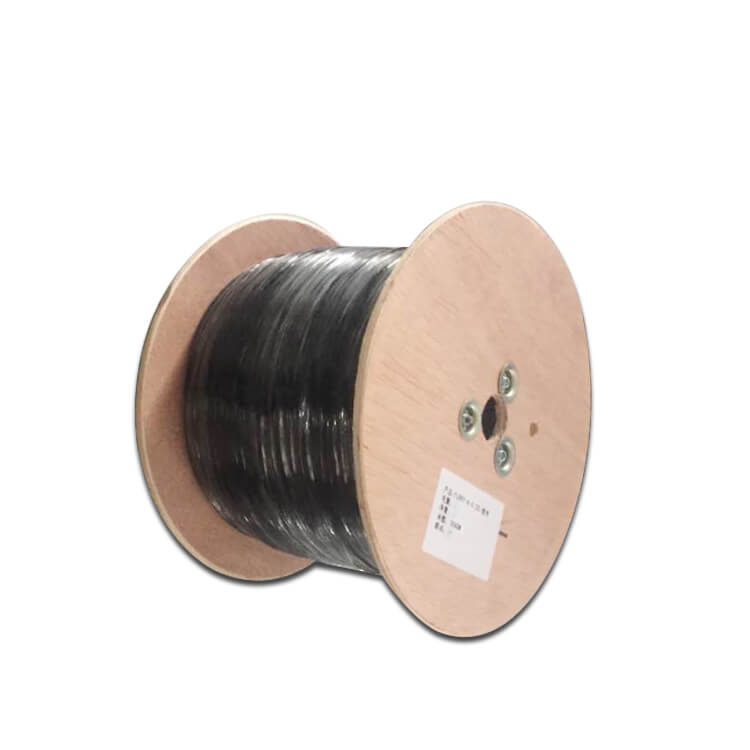
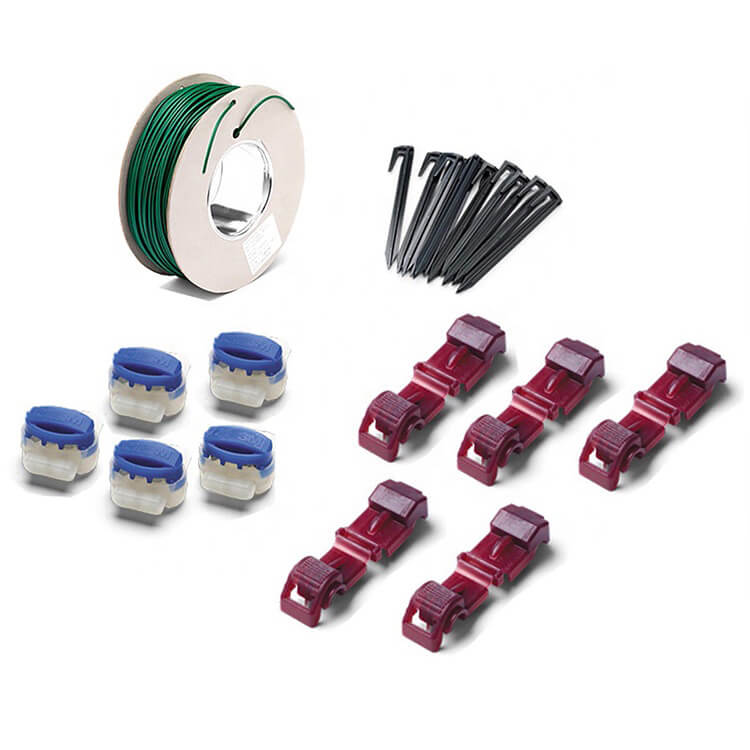
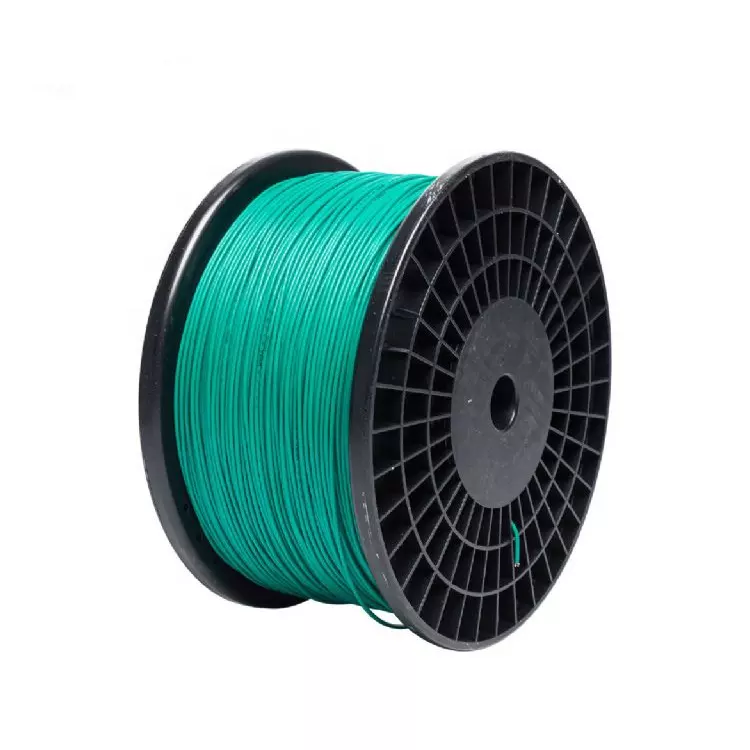



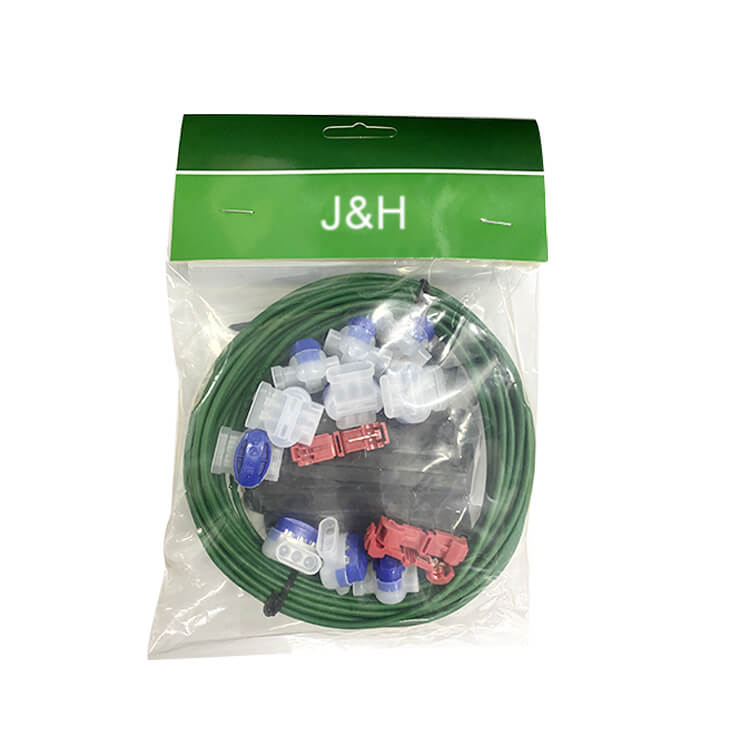
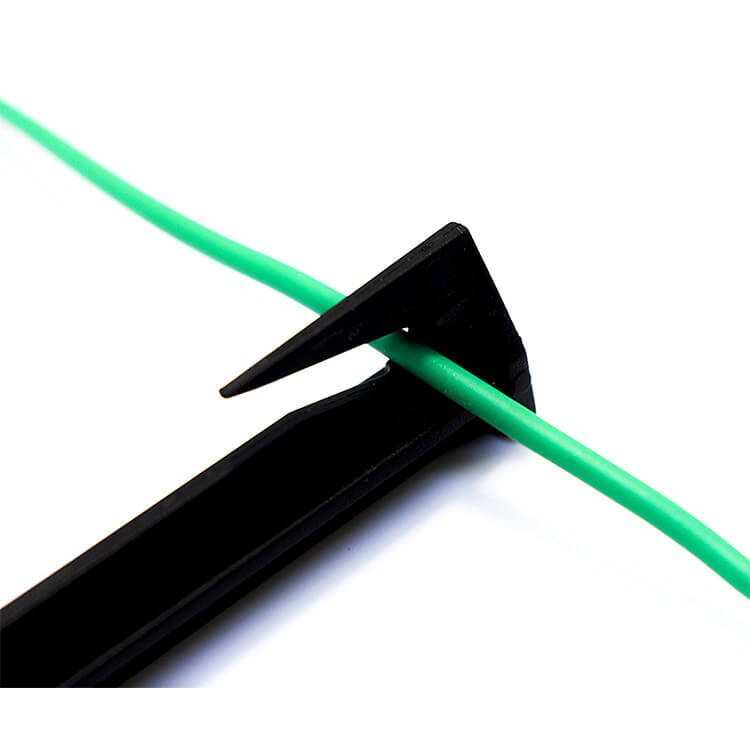
 Abroad:+86 181 5747 1135
Abroad:+86 181 5747 1135 FAX: +86 574 8900 7636
FAX: +86 574 8900 7636 E-mail:
E-mail: 

 read the map
read the map

